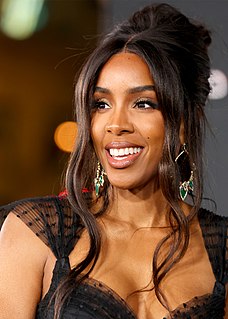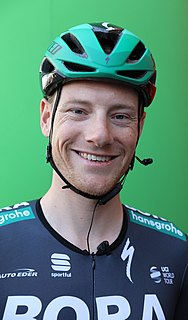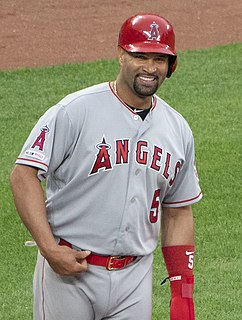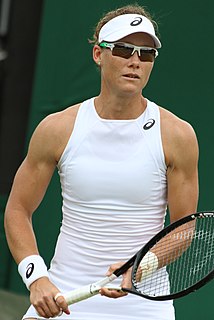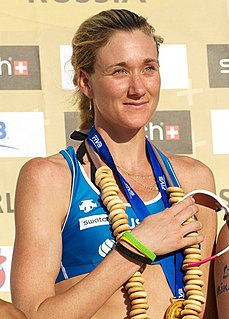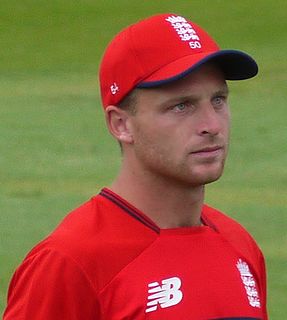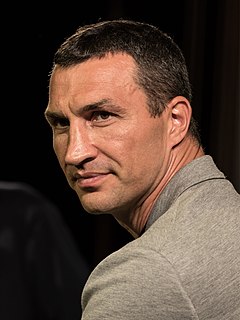A Quote by Kelly Rowland
I typically like to train with the mentality of a high-performance athlete. I put in the work and do what it takes to be successful. A typical workout routine consists of sprint-based training combined with strength moves two days a week. Along with the balance of total-body workouts that challenge my core and shape my body twice weekly.
Related Quotes
Tennis takes care of everything. It requires agility and quickness to get to the ball, core strength to get power into your shorts and stamina to last for an entire match. In addition to toning your arms and shoulders, it's a total body workout for your legs and abs, and works your heart and core unlike any other sport.
I do a program called Fast Twitch twice a week, basically my lifting and strength training, I'm working with a spine specialist, which has been a new addition for me since my surgery to really get some great support for my shoulder, and I really love the way my body feels. It takes the pressure off my lower back and kind of just shares duties, really, with my body.
I had just 15 days to work on my body for the climactic fight of 'Bodyguard.' And I would work on every muscle of my body two/three times a week. I would have developed a superb body if I had three months, but squeezing it into 15 days can be harmful. Also, as you grow older, your metabolic rate slows down.
